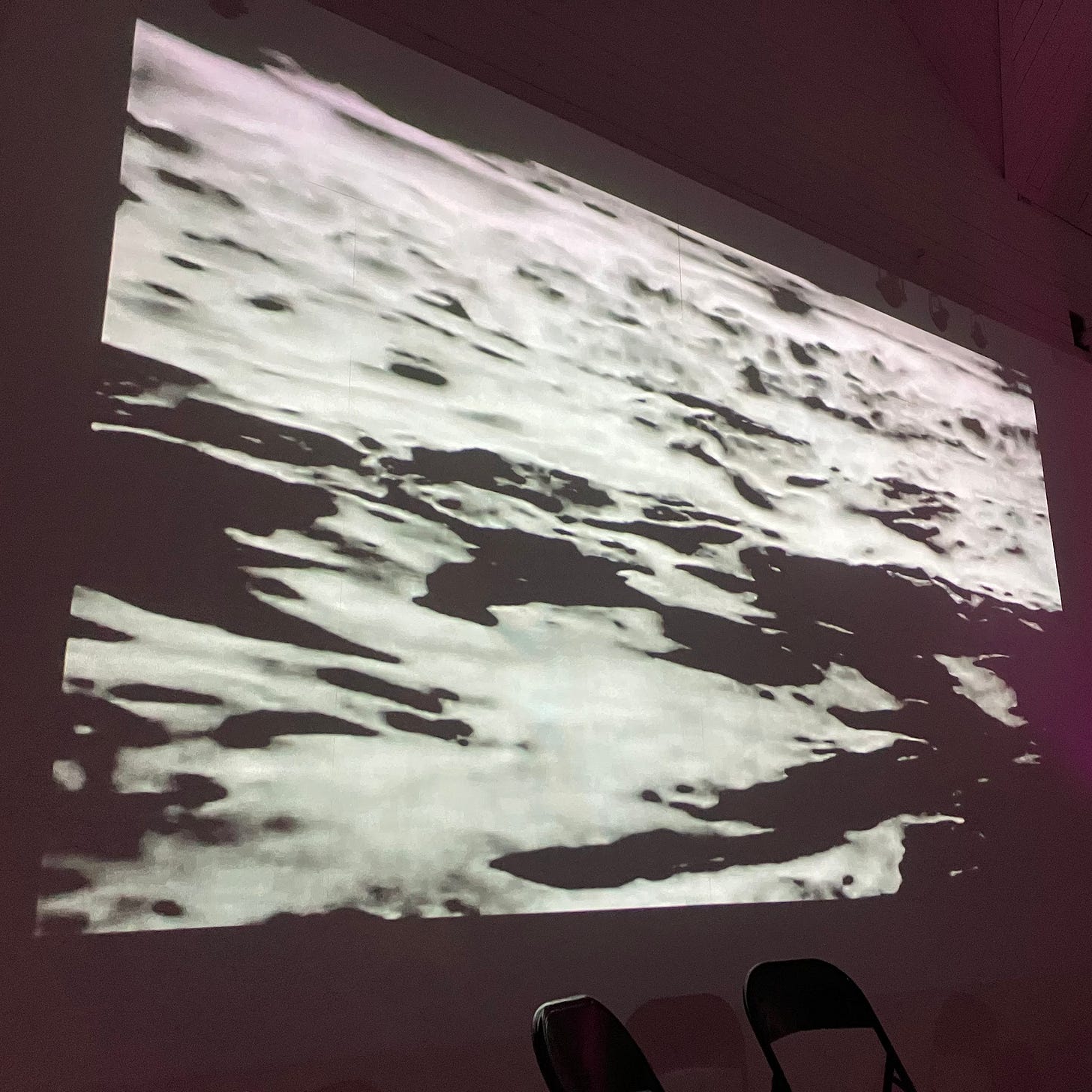If history is a gravitational field, then the present is a black hole. The performance of three audio essays last week in London proved this. The artists were Robin Mackay, Kode9, Justin Barton and Mark Fisher, figures associated with the oddly important group of intellectuals who managed to wangle a university department at Warwick in the 90s and devote it to their opaque but exciting brand of theoretical speculation on futurism.
The group was called the Cybernetic Culture Research Unit and maintained a faith in the power of ‘culture’ – above all, music – to make sense of our place in history. We live at a time of disjunction, when the past is radically accessible via recordings, the internet and the general field of ‘media’. Simultaneously, we have lost our own place. The progression of genres and movements that made sense of the twentieth century have broken apart into a vast archive of material to reassemble, but out of which the spark of newness seems to have been lost. This is called postmodernity.
Absence was the theme of the night at Iklectik. Kode9, the dubstep producer, couldn’t make it due to a tragedy. The event was marked by frequent reference to Mark Fisher, a central figure in and around the CCRU who died by his own hand in 2017. The first audio work, Robin Mackay’s By the North Sea, tells the tale of the gradual collapse of the town of Dunwich into the sea. For a time in the middle ages Dunwich was a thriving port, the capital of East Anglia, with a large, prosperous population and two abbeys. Today, its churches are only attended by scuba-divers and fish.
By the North Sea mixes narrative snippets of old-fashioned RP voices with a spectrum of broad, echoing, electronic sounds, some bassy, some high-pitched. A loud, oscillating motif acts as a kind of chapter marker to break up the forty minutes or so of the work. It has overtones of Victorian horror and new-age mysticism, threaded with a surprisingly canonical set of literary references: Henry James, Daniel Defoe, Keats’ ‘When I Have Fears’. The product, as you might expect, is eerie. It takes the paranormal associations of such a place seriously, as if they might be explained in terms of a theory of ‘hauntology’, the evocative phrase borrowed by Mark Fisher from Derrida. That is, as if the ghosts are real.
Ghosts are real.
Mackay gives us an aesthetic of the anxiety of occupying our contemporary moment. Fragments of time rebound all around us every day. By the North Sea takes Dunwich as a metaphor for this process, dredging up whatever’s been washed away by the sea/repressed by our unconscious, and foregrounding its continuity to destabilize our notion of time.
This feeling is, of course, nothing new. Giorgio Agamben writes that to feel out of step with the present time is the defining character of what it is to be contemporary. Baudelaire was saying the same thing in 1863. From the centre of the black hole, we never fully know what’s happening (although critics seem to want to find out anyway). It takes faith and a hell of a lot of strength to push through the darkness.




